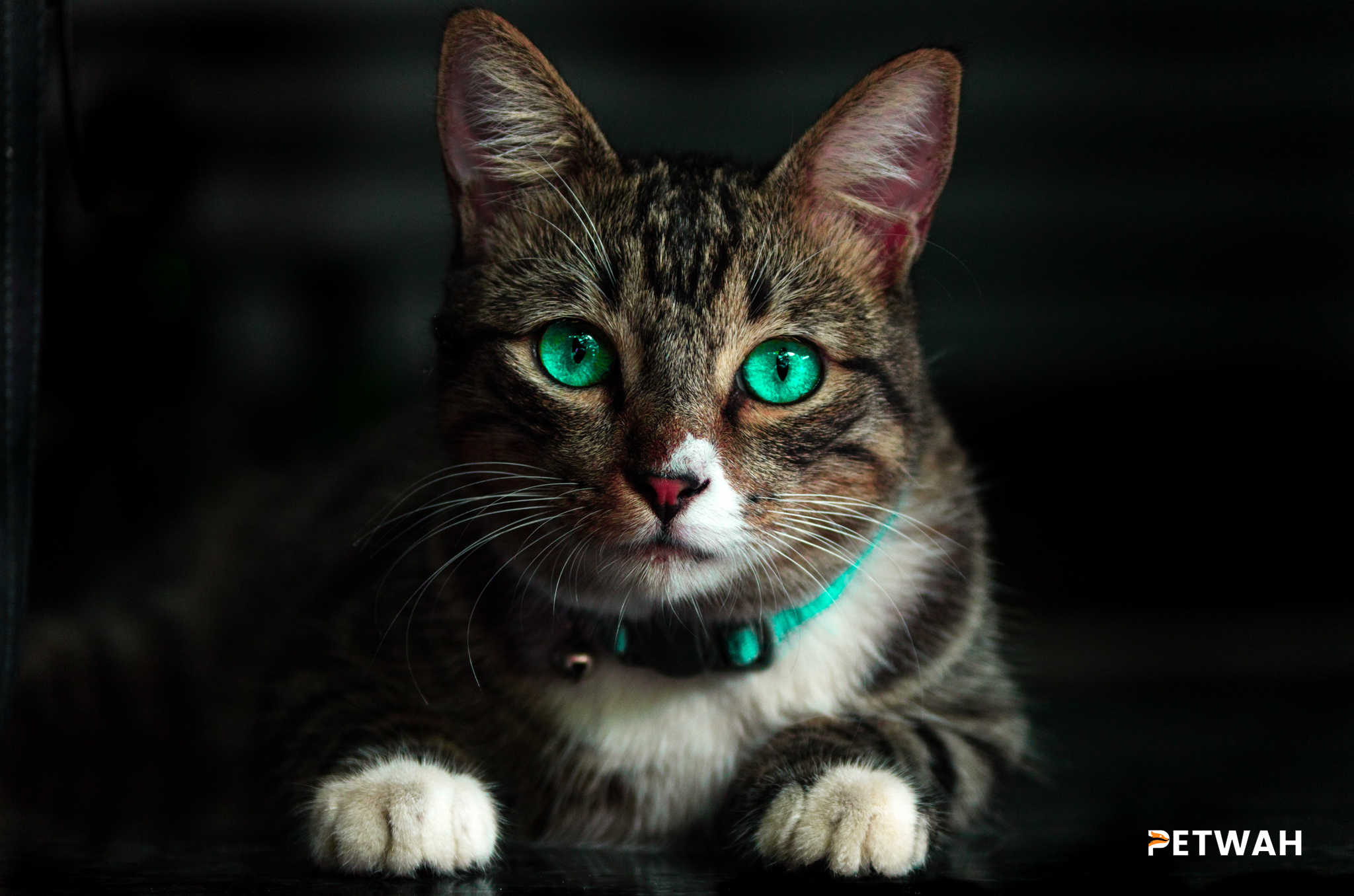Cats are wonderful companions, but they can sometimes exhibit behavioral issues that can be frustrating for their owners. Common issues such as scratching furniture or avoiding the litter box can be addressed with patience, understanding, and some simple strategies. In this blog post, we will explore effective ways for couples to address these common behavioral issues in their feline friends.
Understanding the Root Causes
————————————–
To effectively address behavioral issues in cats, it’s important to understand the root causes behind their actions. Some of the common reasons for scratching furniture or avoiding the litter box include:
1. Natural instinct: Cats have a natural instinct to scratch objects to sharpen their claws and mark their territory. They may also avoid a dirty litter box as they have a strong sense of cleanliness.

2. Stress or anxiety: Changes in the household, such as moving to a new place or introducing a new pet, can cause stress or anxiety in cats, leading to unwanted behaviors.
3. Medical conditions: Cats may exhibit behavioral issues if they are suffering from an underlying medical condition. It’s important to rule out any health issues by consulting a veterinarian.
Effective Strategies to Address Behavioral Issues
—————————————————–
1. Provide appropriate scratching alternatives: Encourage your cat to use designated scratching posts or boards by placing them near the furniture they frequently scratch. You can also make the furniture less appealing by using double-sided tape or aluminum foil.
2. Ensure a clean litter box: Regularly clean the litter box and provide a comfortable, private location for your cat to do their business. Experiment with different types of litter to find the one your cat prefers.
3. Environmental enrichment: Provide your cat with plenty of mental and physical stimulation to alleviate stress and anxiety. Interactive toys, scratching posts, and perches can help keep them mentally and physically engaged.
4. Positive reinforcement: Reward your cat with praise, treats, or playtime when they use the litter box or engage in appropriate scratching behavior. Positive reinforcement will help them understand what is expected of them.
5. Consult a professional: If the behavioral issues persist despite your best efforts, it may be beneficial to seek the guidance of a professional animal behaviorist who can provide specialized advice tailored to your cat’s needs.
FAQs
——-
Q1. How can I prevent my cat from scratching furniture?
A1. Providing appropriate scratching alternatives, such as scratching posts or boards, and making the furniture less appealing can help redirect their behavior.
Q2. Why does my cat avoid the litter box?
A2. Cats avoid the litter box for various reasons, including a dirty box or litter they dislike, a medical condition, or stress. Ensuring a clean litter box and consulting a veterinarian can help address the issue.
Q3. Can I train my cat to stop scratching furniture?
A3. You can train your cat to use appropriate scratching alternatives by providing positive reinforcement, making the furniture less appealing, and redirecting their behavior.
Q4. What can I do to alleviate my cat’s stress or anxiety?
A4. Environmental enrichment, such as interactive toys and perches, can help alleviate stress or anxiety in cats. Creating a calm and secure environment is also important.
Q5. How long does it typically take to resolve behavioral issues in cats?
A5. Resolving behavioral issues in cats can take time and patience. It depends on several factors, including the individual cat, the nature of the issue, and the consistency of the training and environmental changes.
Conclusion and PetWah
————————-
By understanding the root causes behind common behavioral issues in cats and implementing effective strategies, couples can address these concerns and create a harmonious environment for both themselves and their feline companions. Remember to consult a professional if needed, and always approach training with patience and positive reinforcement. For more information and helpful products for your cat’s behavior, visit petwah.com.
References:
– Cats International: https://www.catsinternational.org/
– International Cat Care: https://icatcare.org/
– American Society for the Prevention of Cruelty to Animals (ASPCA): https://www.aspca.org/pet-care/cat-care
PetWah is an online store that specializes in pet products and accessories, including behavioral solutions for cats. Visit petwah.com for a wide range of products to address your cat’s behavioral needs.






